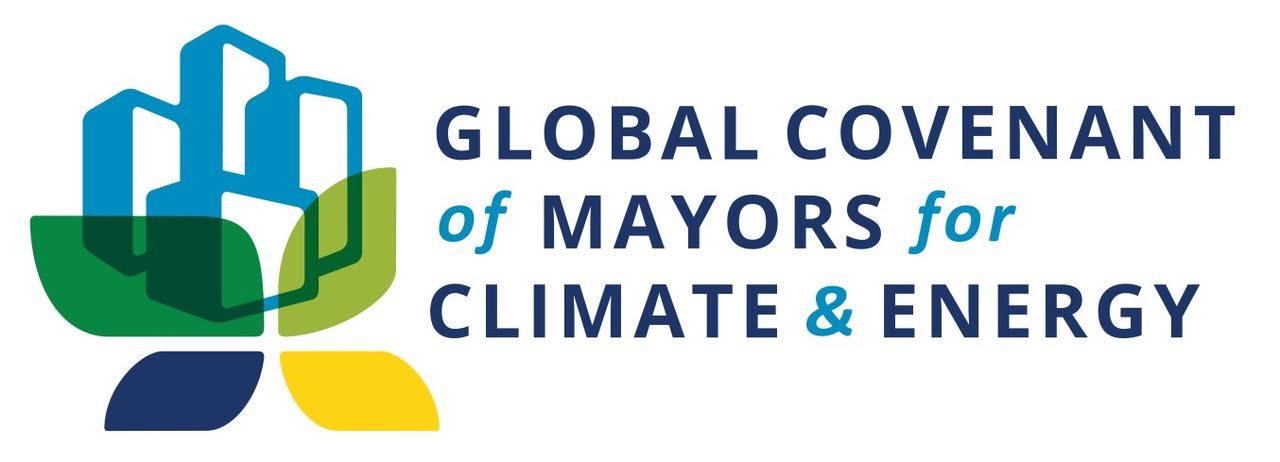- Home
- Reporting entities
- City of Des Moines, IA
City of Des Moines, IA
United States Mayor: T.M. Franklin Cownie-
Population 209220

-
Area 213.93km 2
-
GDP N/AN/A
-
Targets by N/A N/Aemission
Targets by City of Des Moines, IA
There are no targets yet
- Start year: 2009
- Type: Technical/Infrastructure investment
- Status: In operation
The Police Department’s use of hybrid and the testing of 6 vs. 8 cylinder vehicles have improved the department’s fuel usage. The department’s current fleet of 15 hybrid vehicles will be supplemented by an additional 10 vehicles by the end of this year. This combined with take- home vehicle policy change resulted in a 15% fuel use reduction since 2009.
Read More Read Less- Transport

- Start year: 2006
- Type: Education/Awareness Raising
- Status:
A number of different committees, subcommittees and initiatives have been launched by the Park and Recreation Department to assist in the preservation, restoration, and sensitive development of our natural landscapes. These groups include the Park and Recreation Oversight Urban Conservation Committee (UCC), the Central Iowa Greenways Initiative, and the Urban Forestry Sub-committee of the UCC.
The Park and Recreation Board Oversight Urban Conservation Committee (UCC) was established in 2004 with mission to advise the board in designing ecologically–based policies and management practices that will promote healthy, functional ecosystems and provide a legacy of stewardship for the City of Des Moines.
The Central Iowa Greenways Initiative has been developed by staff for the board and has become a 60-member task force representing 32 public and private organizations including 8 cities, 2 counties, 3 state departments, the Army Corps of Engineers, Des Moines Water Works, environmental and recreational non-profits and the general public. The group’s vision is a sustainable greenways system of the Des Moines and Raccoon Rivers that preserves, protects, and enhances the environment, improves water quality, enables alternative transportation options, promotes fun, healthy lifestyles, and fosters community and economic vitality through regional cooperation.
Additionally, the City of Des Moines has been a partner with Green Iowa AmeriCorps for the last two years to assist residents with home energy assessments and weatherization. To date, more than 100 homes have benefited from this weatherization program.
- Residential
- Commercial

- Start year: 2007
- Type: Technical/Infrastructure investment
- Status: In operation
Fleet Services initiated the use of soy-based biodiesel in June of 2007 for a targeted portion of the City’ fleet of diesel units at the rate of 5% at the main fueling station at East 5th and Market, WRA Wastewater Reclamation Facility, and outlying Parks remote storage facilities. Diesel engine performance and fuel related maintenance was monitored throughout the fleet that utilizes these fueling facilities. No observed negative effects on performance or maintenance were experienced.
The 5% rate of soy-base biodiesel was continued through the cold weather months with the addition of a chemical fuel additive to enhance the fuel characteristics for cold weather operation. The cold filter plug point was reduced to -30 degrees Fahrenheit through the use of chemical additives in lieu of higher costing #1 petroleum diesel fuel. This resulted in 40 cents per gallon savings in diesel fuel costs during winter months. Fleet staff is not aware of any other Midwestern municipality that adopted this strategy of continued biodiesel use in winter months.
The concentration of biodiesel was increased to B10 (10% soy-based biodiesel) in the spring of 2008, and subsequently increased to B20 for summer months. The use of biodiesel is reduced to B10 and B5 for fall and winter respectively to maintain fuel properties appropriate for the season. This strategy results in an average use of 10% biodiesel based on annual consumptions of #2 petroleum diesel, and reduces the use of #2 petroleum diesel fuel by 50,000 gallons.
Currently, biodiesel costs a premium of 70 cents per gallon, but reduces emissions from diesel engines and results in fewer tons of CO 2 released into the atmosphere. Fleet receives biodiesel from its current fuel supplier KECK Energy who contracts with Renewal Energy Group to produce biodiesel at its Iowa production plants. Biodiesel used in the City’s fleet is produced from Iowa grown soybeans.

- Start year:
- Type:
- Status: In operation
The Des Moines City Council provided a directive to staff to encourage developers seeking economic development assistance to seek LEED certification on their projects. This has been realized through an incentive program built in to Tax Increment Financing and Tax Abatement.
Read More Read Less- Human health

The City of Des Moines, IA has reported 5 Community emission inventories, since 2008. In its latest inventory, compiled in 2012, the Stationary energy and Waste management are identified as key emission sources.
The City of Des Moines, IA has reported 4 government operational inventories, since 2008. In its latest inventory, compiled in 2012, the are identified as key emission sources.
Mayor T.M. Franklin CownieCity of Des Moines, IA, United States


